Encouraging the Achievement of KPI Targets in 2023 The Udayana History Study Program Again Holds RPS and Curriculum Workshops.
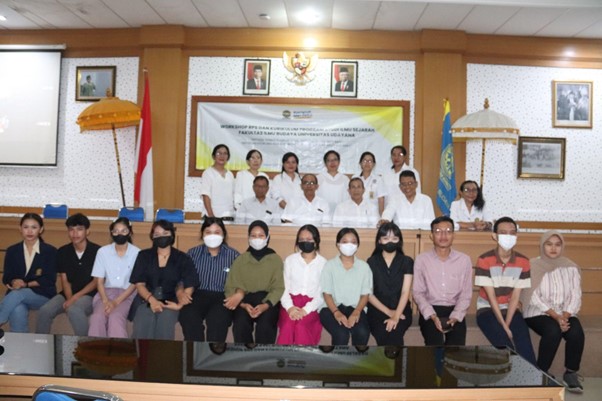
Photo 1: Photo session with the Study Program Coordinator, Lecturers, and Students in a series of RPS Workshop activities and the Curriculum of the History Study Program, Faculty of Cultural Sciences "Case Study and Project Base Learning Methods to Support the Independent Curriculum for Independent Campus Learning" (Photo: - nhw)
The History Study Program, Faculty of Cultural Sciences, Udayana University again held an RPS and Curriculum Workshop with the theme "Case Study and Project Base Learning Methods to Support the Independent Curriculum for Independent Campus Learning". The event was held in a hybrid manner for two days, namely on (30/01/2023) to (31/01/2023) at the Soekarno Room, Poerbatjaraka Building, Faculty of Cultural Sciences, Udayana University. The committee invited Prof. Dr. Ni Nyoman Parwati, M. Pd., as the speaker, and Prof. Dr. Made Sri Satyawati, S.S., M. Hum. as Dean of the Faculty of Cultural Sciences, Udayana University.
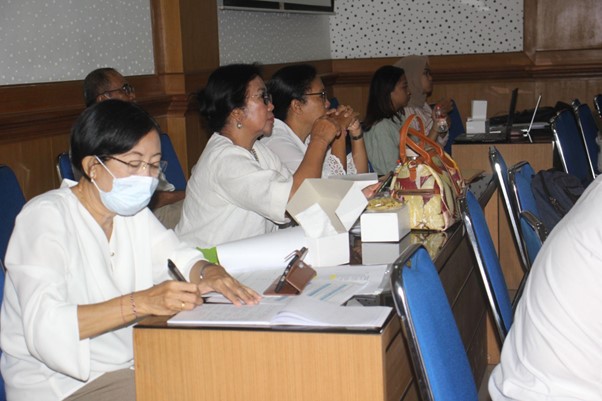
Photo 2: Presentation of material by Prof. Dr. Ni Nyoman Parwati, M. Pd., as the speaker in providing an understanding of CBL and PBL to lecturers and students of the History Study Program, Faculty of Cultural Sciences, Udayana University. (Photo: -nhw)
The Workshop on RPS and Curriculum for the History Study Program, Faculty of Cultural Sciences, was attended by 26 people consisting of 13 lecturers and 13 students who accompanied them. The workshop was held to reformulate the CPL to be achieved so that it becomes simpler and in accordance with what is determined as a reference. In the material presented by Prof. Dr. Ni Nyoman Parwati, M.Pd., as the speaker, explained that Case-Based Learning (CBL) or case-based learning (PBK) is an instructional model that involves factual learning and investigation of up-to-date issues in everyday life. Where CBL is an instructional model design which is a variant of project-based learning (Project Based Learning).
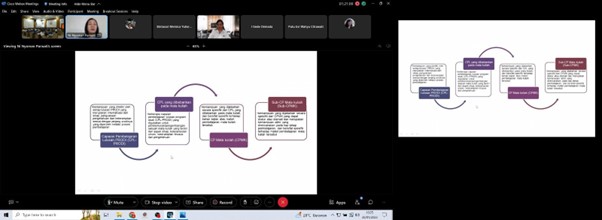
Photo 3: Presentation of material by speakers in a series of RPS Workshop activities and Curriculum of the History Study Program, Faculty of Cultural Sciences "Case Study and Project Base Learning Methods to Support the Independent Curriculum for Independent Campus Learning" (Photo: -nhw)
The learning tools needed in preparing this study plan include syllabus, lesson plans, lecture contracts, student assignment plans, and learning methods. in the syllabus at least contains the identity of the course, description of the course, learning outcomes (CP), and an outline of the lesson plan (GBRP). In the student assignment plan, the function of the task in learning is to increase mastery of lecture material, train critical and creative thinking, make students active in learning, and encourage students to find and manage information on their own.
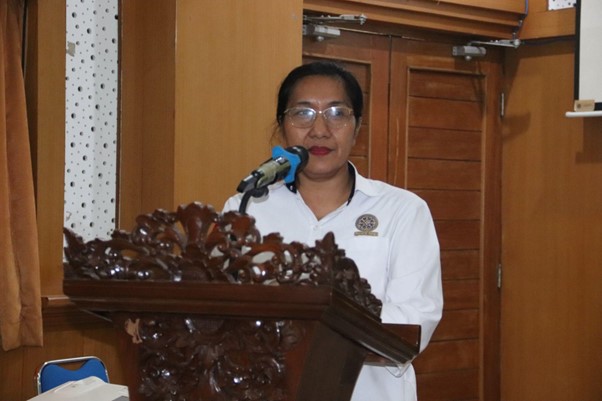
Photo 4: Speech from the Coordinator of the History Study Program, Ms. Anak Agung Inten Asmariati, S.S., M.Sc. as an opener in a series of RPS Workshop activities and the Curriculum of the History Study Program, Faculty of Cultural Sciences "Case Study and Project Base Learning Methods to Support the Independent Learning Curriculum of the Independent Campus"
Coordinator of the Child History Study Program Agung Inten Asmariati, S.S., M.Sc. hopes that by holding this RPS workshop it will be able to improve IKU achievements and assist lecturers in determining the level of learning achievement in the course they want to aim at, where students are not only able to explain and understand material but are also able to create, construct or design in high order thinking skills (HOTS).
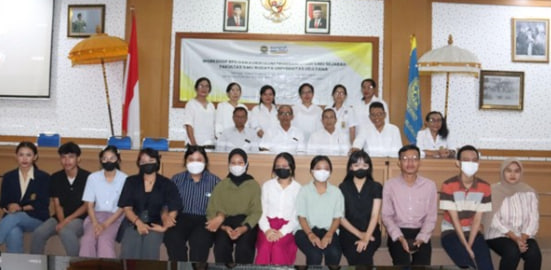
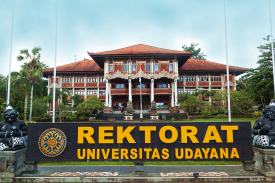
FACULTY OF HUMANITIES